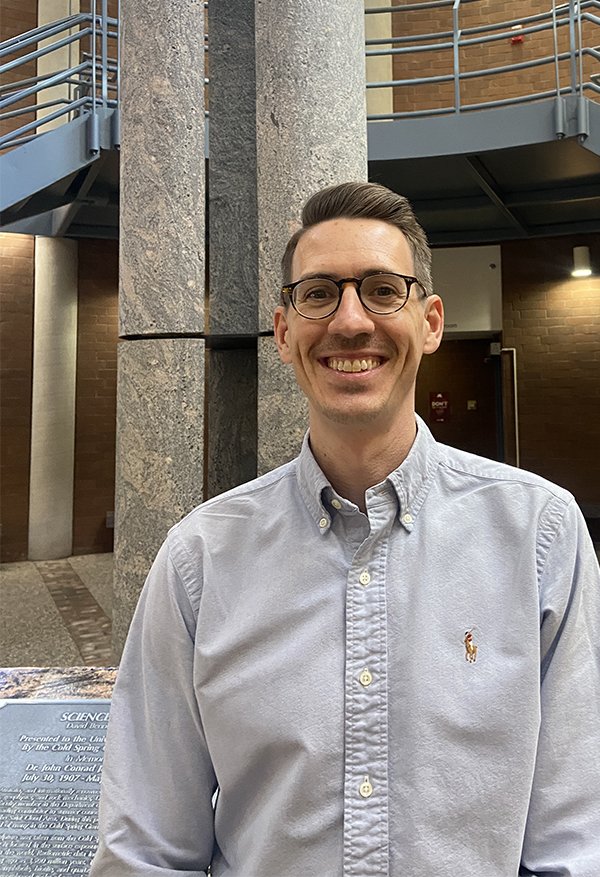Enhancing Thermal Mineralization of PFAS Using Additives
A Warren Distinguished Lecture with
Kyle Doudrick
Civil & Environmental Engineering & Earth Sciences
University of Notre Dame
"Enhancing the Thermal Mineralization of Per- and Polyfluoroalkyl Substances Using Alkali and Alkaline-Earth Metal Additives"
Abstract
The widespread use of per- and polyfluoroalkyl substances (PFAS) in consumer products and industrial processes has led to the widespread contamination of soil and water. Remediation efforts have led to accumulation of tons of solid waste requiring disposal, including excavated soils and pavements and spent water treatment residuals (e.g., granular activated carbon [GAC]). Incineration is a practical approach for dealing with these stockpiles, but thermal destruction of PFAS requires very high temperatures (> 1,000 °C) and it can release undesirable products of incomplete destruction (PIDs) in the flue gas. Doudrick investigated the use of alkali and alkaline-earth metal additives to enhance the mineralization of PFAS in GAC and Portland cement pavement (PCP). With or without an additive, the temperature required to initiate thermal destruction was the same, indicating the initial reaction steps were similar. However, the degree of mineralization was significantly enhanced with the additives, not only increasing the reaction rate, but also reducing the selectivity toward PIDs. For example, when GAC contaminated with perfluorooctane sulfonate (PFOS) was treated at 800 °C for 15 min without an additive, only 49% of PFOS was mineralized. When Ca(OH)2 was used as an additive, a mineralization efficiency of 98% was achieved in less than 5 min. The ability to increase the reaction rate and shift byproduct selectivity confirmed the additive’s role as a catalyst. Moreover, the additive eliminated HF in the flue by, instead, forming CaF2 within the ash product. Results were used to propose a hypothesized reaction mechanism involving the electron transfer from O2-defect sites of CaO to intermediates formed during the thermal decomposition of PFOS. These findings advocate for the use of catalytic additives in the thermal treatment of solid wastes contaminated with PFAS to reduce operating costs and mitigate the environmental impact associated with incineration.
Speaker
Kyle Doudrick (Ph.D., PE) is an Associate Professor of Environmental Engineering at the University of Notre Dame. He received his Ph.D. in Environmental Engineering from Arizona State University and spent a year as an ASEE/NSF Small Business Research Diversity Postdoctoral Fellow for Integrated Surface Technologies, Inc. (Menlo Park, CA). Doudrick’s research group focuses on the development of physical-chemical treatment technologies for emerging contaminants, such as catalytic, adsorptive, thermal, photochemical, and electrochemical processes. He also seeks to better understand the occurrence and fate of emerging contaminants in the natural and built environments by developing new measurement techniques. Currently, his group is working on a variety of emerging contaminants such as per- and polyfluoroalkyl substances (PFAS), micro- and nanoplastics, and oxyanions. Doudrick is a recipient of the National Science Foundation CAREER Award and served as a Fulbright Scholar in France at the CNRS Laboratoire Réactions et Génie des Procédés.
